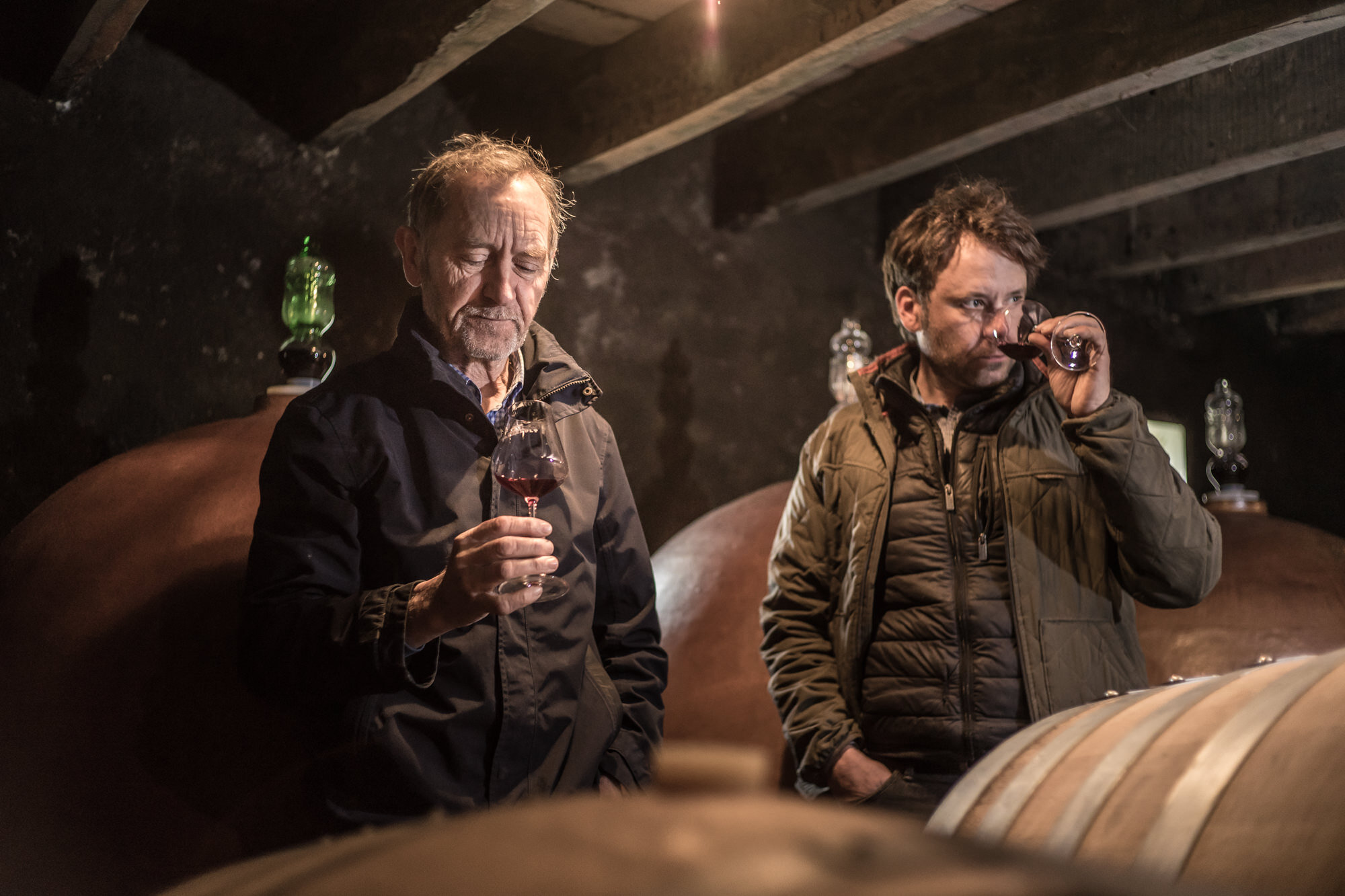
Yannick Amirault
Domaine Yannick Amirault, Bourgueil & St-Nicolas-de-Bourgueil
There is really no sensible justification for why Bourgueil and Saint-Nicolas de Bourgeuil are separate appellations. It is a distinction in search of a definition. These neighboring villages share the same geology and terroirs, and when you taste with a talented vigneron who makes wines in both, you can discover this yourself. And if you are exceedingly lucky, you will meet a vigneron who also makes a range of site-specific cuvées that not only prove the deeply rooted relationship between these two appellations but brings into sharp focus all the potential facets that vineyards in these two neighboring villages can show. Yannick and Benoît Amirault are just such vignerons.
Domaine Amirault was founded in 1977 by Yannick with only 3.9 hectares of vines he inherited from his grandfather, Eugène Amirault. Since that time he and his son Benoît, who joined the family business in 2003, have expanded their holding to 20 hectares of vineyards in both Bourgueil and Saint-Nicolas de Bourgueil. An early skeptic of industrial farming practices, Yannick had gradually weaned his vineyards off synthetic inputs, completing this process in 1997. Work in the vineyard and cellar follows the lunar calendar and the estate received organic certification in 2009. While these practices may seem fashionable, they are simply a return to the way Eugène Amirault made wine for his family.
The range of wines at Domaine Yannick Amirault starts with two village cuvées, La Source from Saint-Nicolas de Bourgueil and Côte 50 from Bourgueil. It is debatable whether the more forthright character of La Source is a hallmark of it being from St-Nicolas or its higher percentage of sandy terroirs as its “source”, or that the more rounded depth of the Côte 50 is characteristic of Bourgueil rather than the complexity of its sourcing from both ancient (sandier) and more modern (more clay) alluvial terroirs. In Bourgueil, La Mine is a 1.5-hectare parcel situated at the foot of the slope which forms the more famous cru of Les Malgagnes. La Mine is a gravelly clay terroir with deeper soils versus Les Malgagnes’ shallower and ferrous clay soils over limestone bedrock. Moving to Bourgueil, Le Grand Clos is a 2-hectare parcel on clay and flint over limestone, Les Quartiers comes from a 1.5-hectare parcel on a very pale (terres blanches) and gravelly clay-limestone soil, and La Petite Cave is a 1.5-hectare parcel planted on shallow sandy clay over the same limestone that forms the roof of their troglodytic aging cellar. Rounding out their cuvées is a unique Rosé made in an age-worthy Blanc de Noirs style that was once very traditional in this region – a wine sharing more in common with Rosé de Riceys than almost any modern rosés.*
Under Benoît the existing minimalistic cellar practices have become even more transparent. Harvest has always been done by hand and is initiated by many factors all guided by Yannick and Benoît’s combined experience. Each parcel is picked at its own optimal ripeness and in several passes and the bunches are transported to the cellar where they are sorted again and destemmed. Fermentations are indigenous and conducted in large, open-topped, conical oak vats. Macerations are long, lasting up to sixty days with pigeage only at the very beginning of the fermentation and rémontage reserved only for the ripest vintages and cuvées to prevent more rustic tannins in the wines. Only the first press is used and is aged in neutral vessels: amphorae, French oak demi-muids, and well-seasoned oak vats. New wood is added only to replenish their stock of barrels.
The wines at Amirault are intensely pure, savory, soulful Cabernet Francs, and with their addition to our portfolio alongside the stellar Domaine de la Noblaie in Chinon and the Anjou’s rising stars at Terre de l’Elu, we have assembled a stable of benchmark Loire Valley Cabernet Franc growers. We are proud to have Amirault in the Jon-David Headrick Selections family. Welcome, Benoît, Yannick, and the Amirault family.


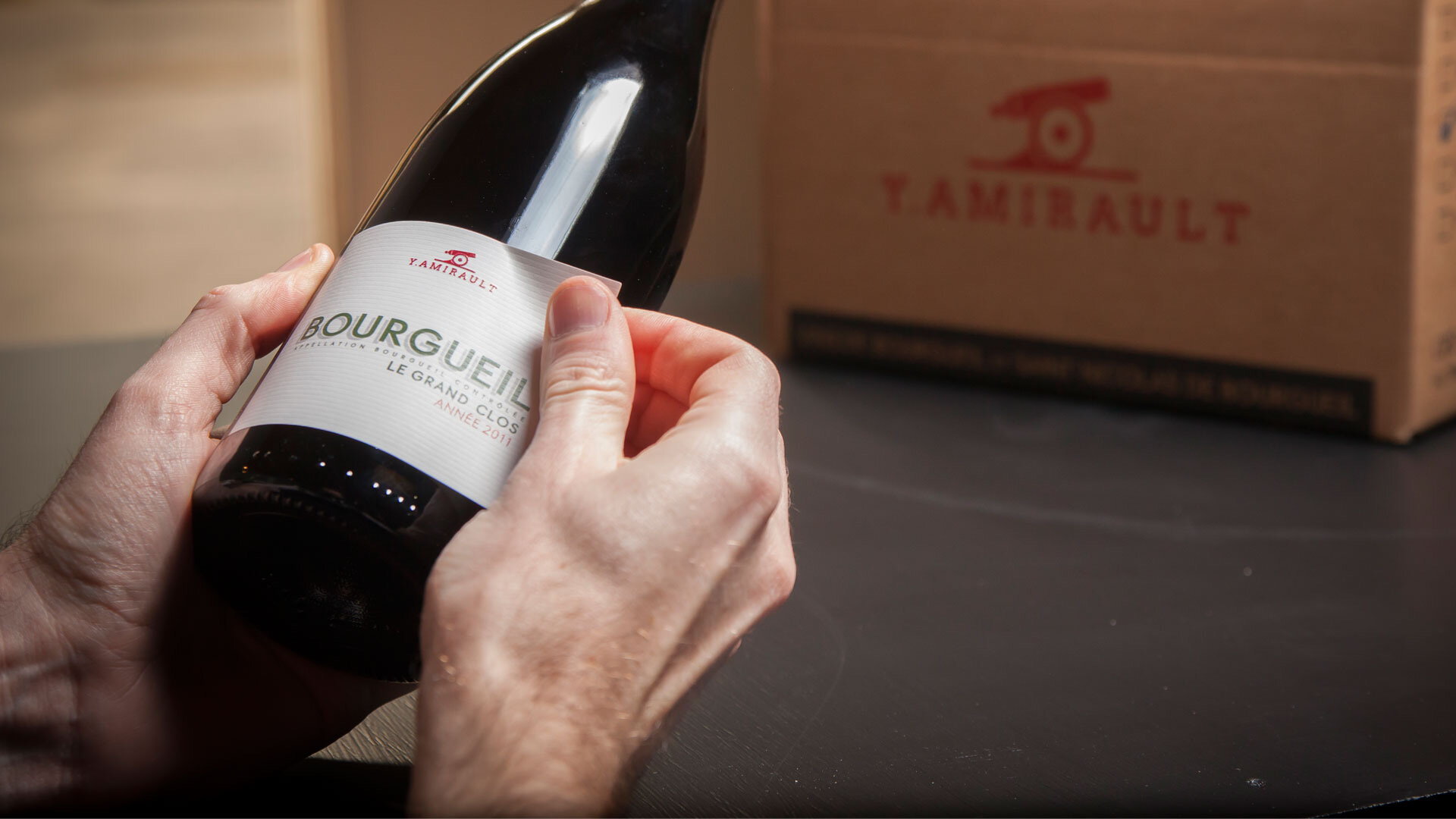
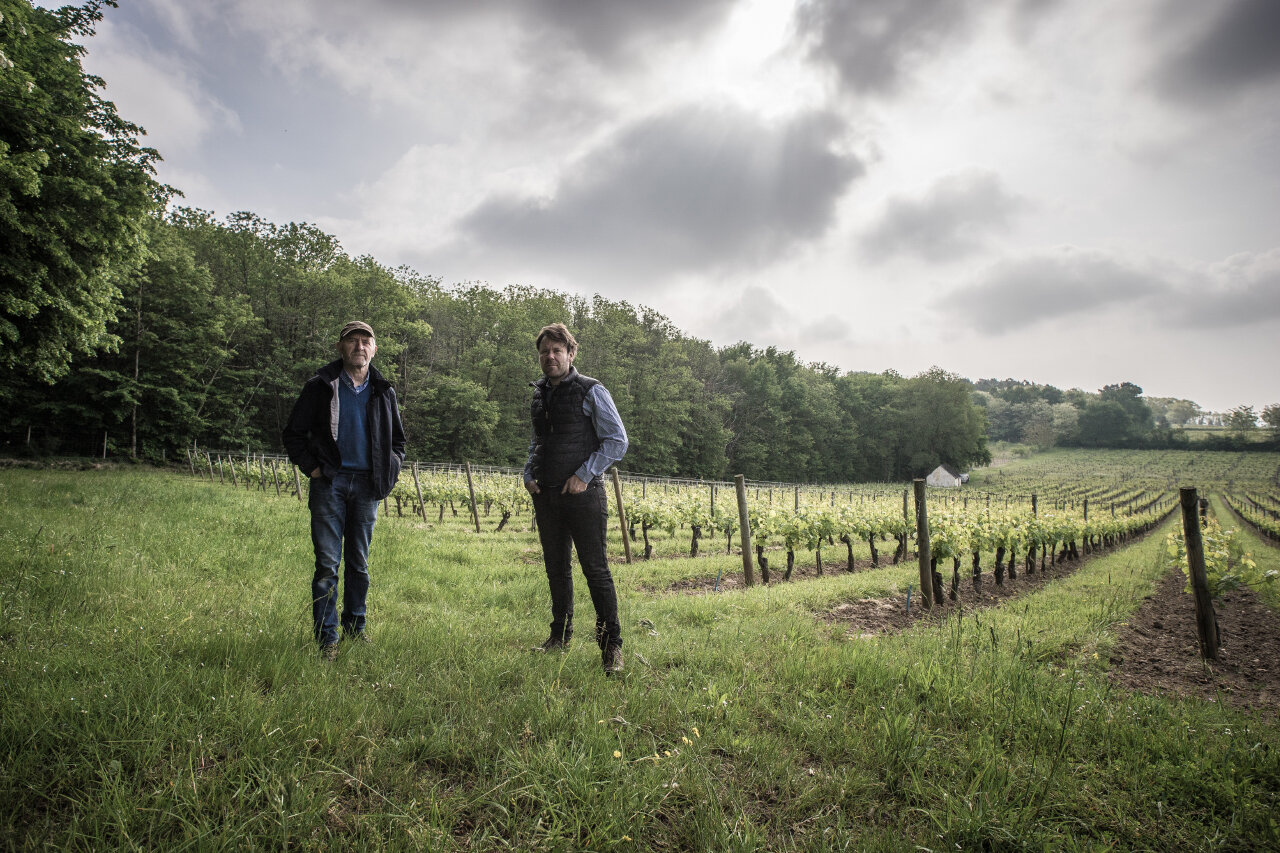
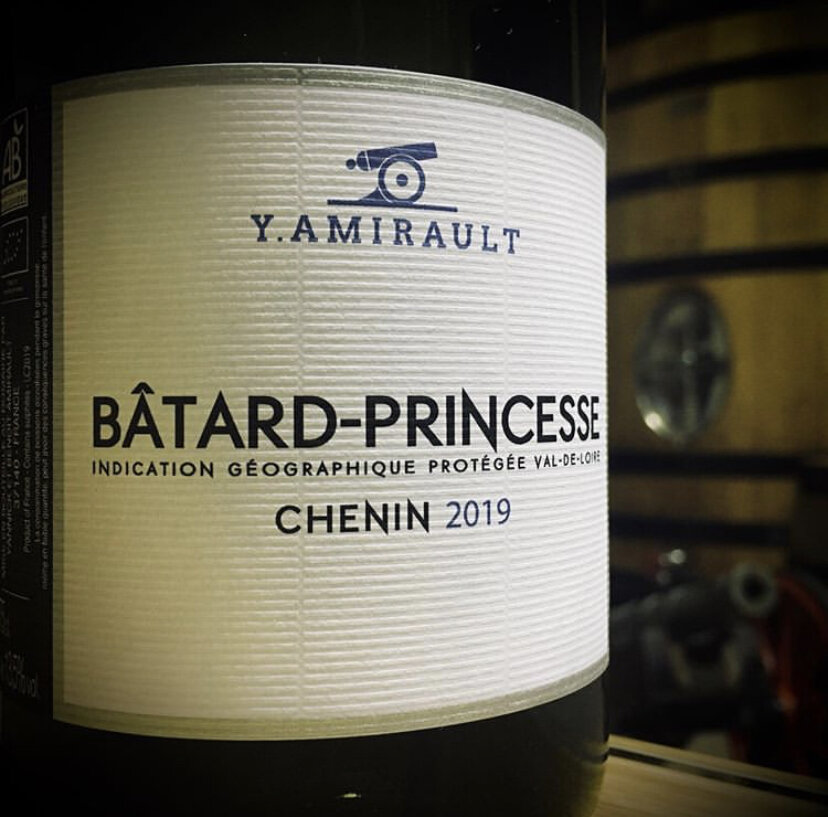
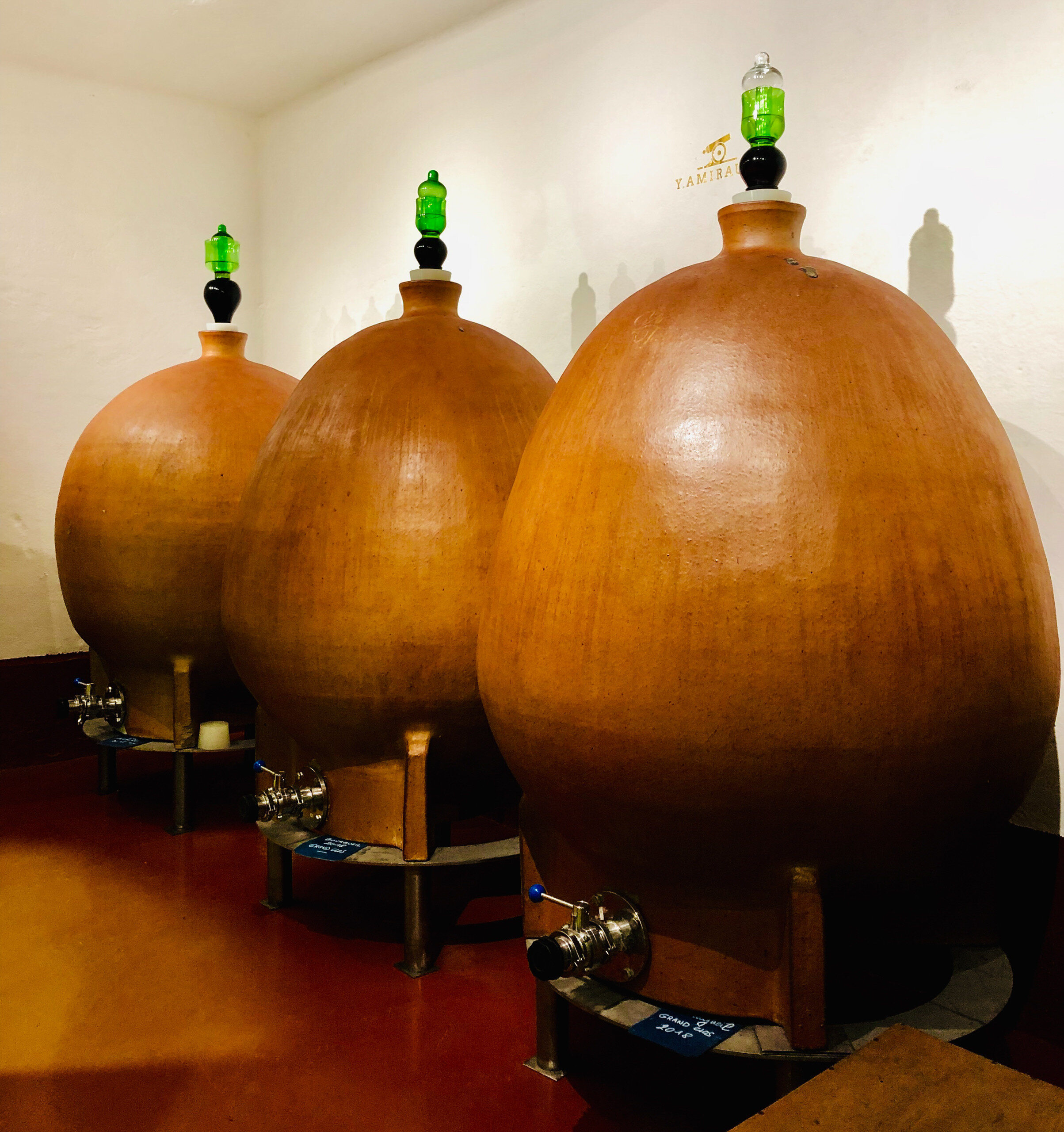
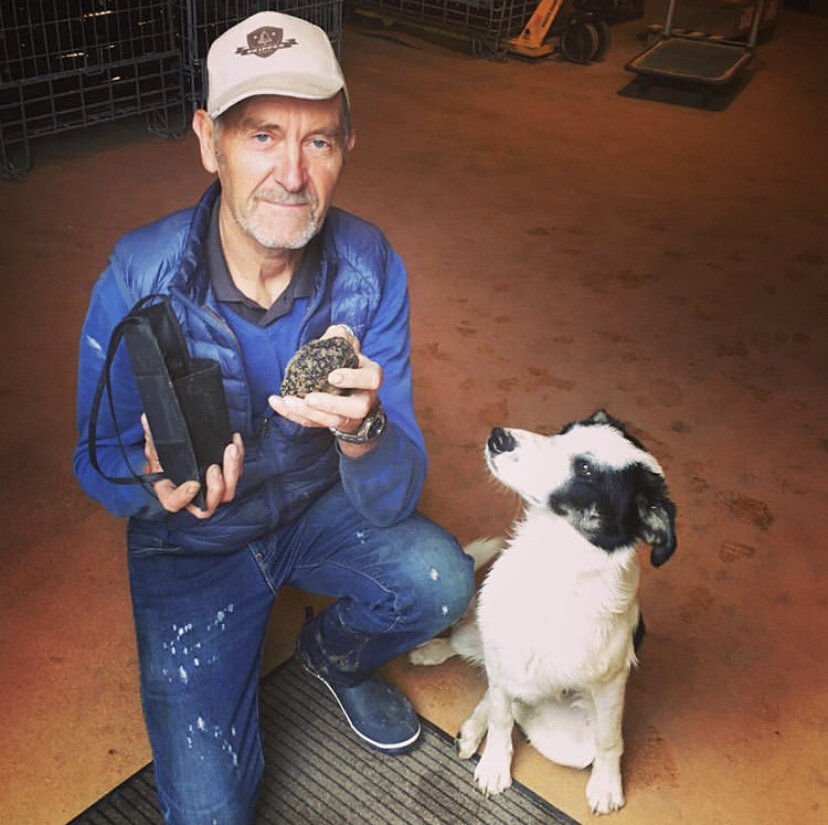
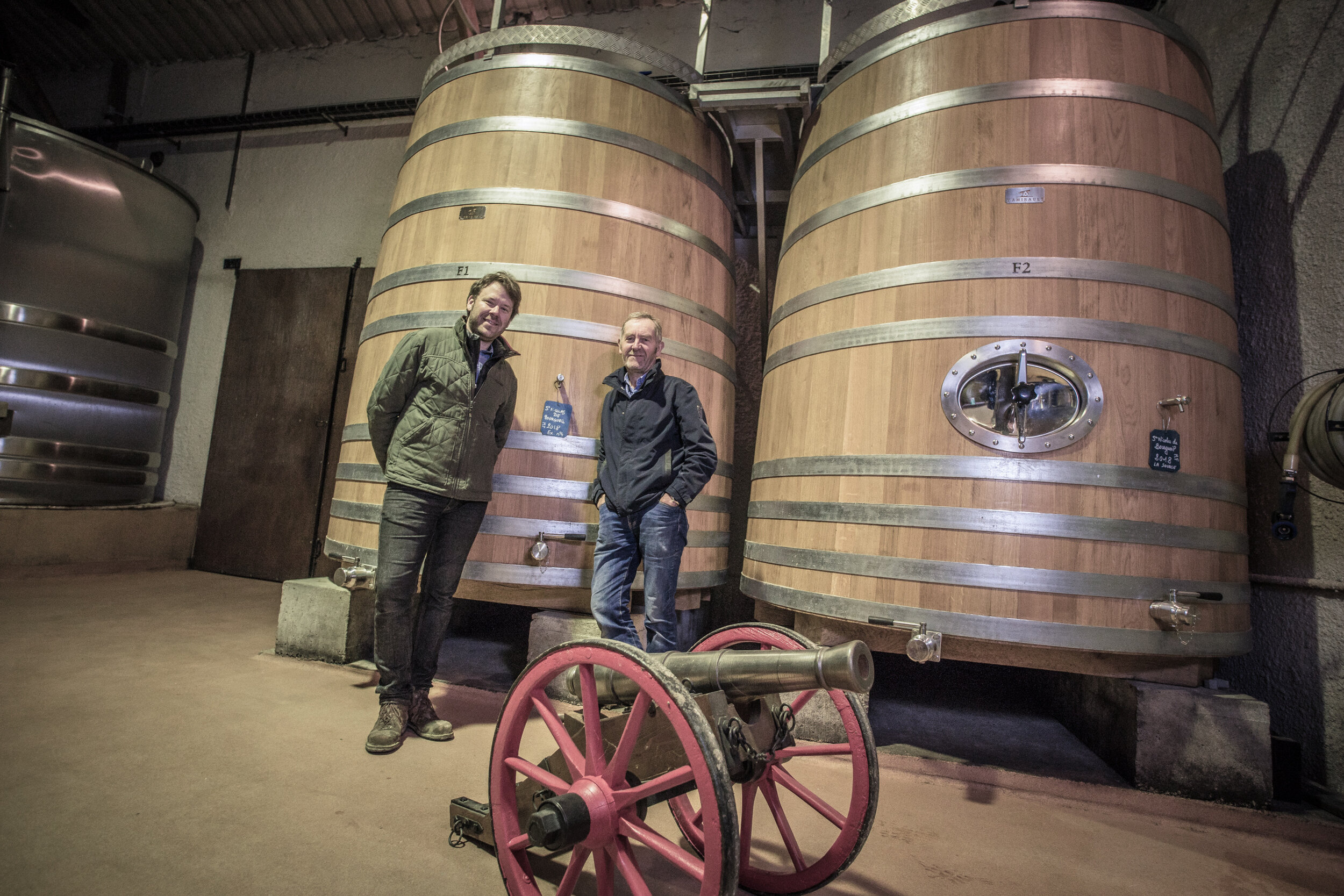

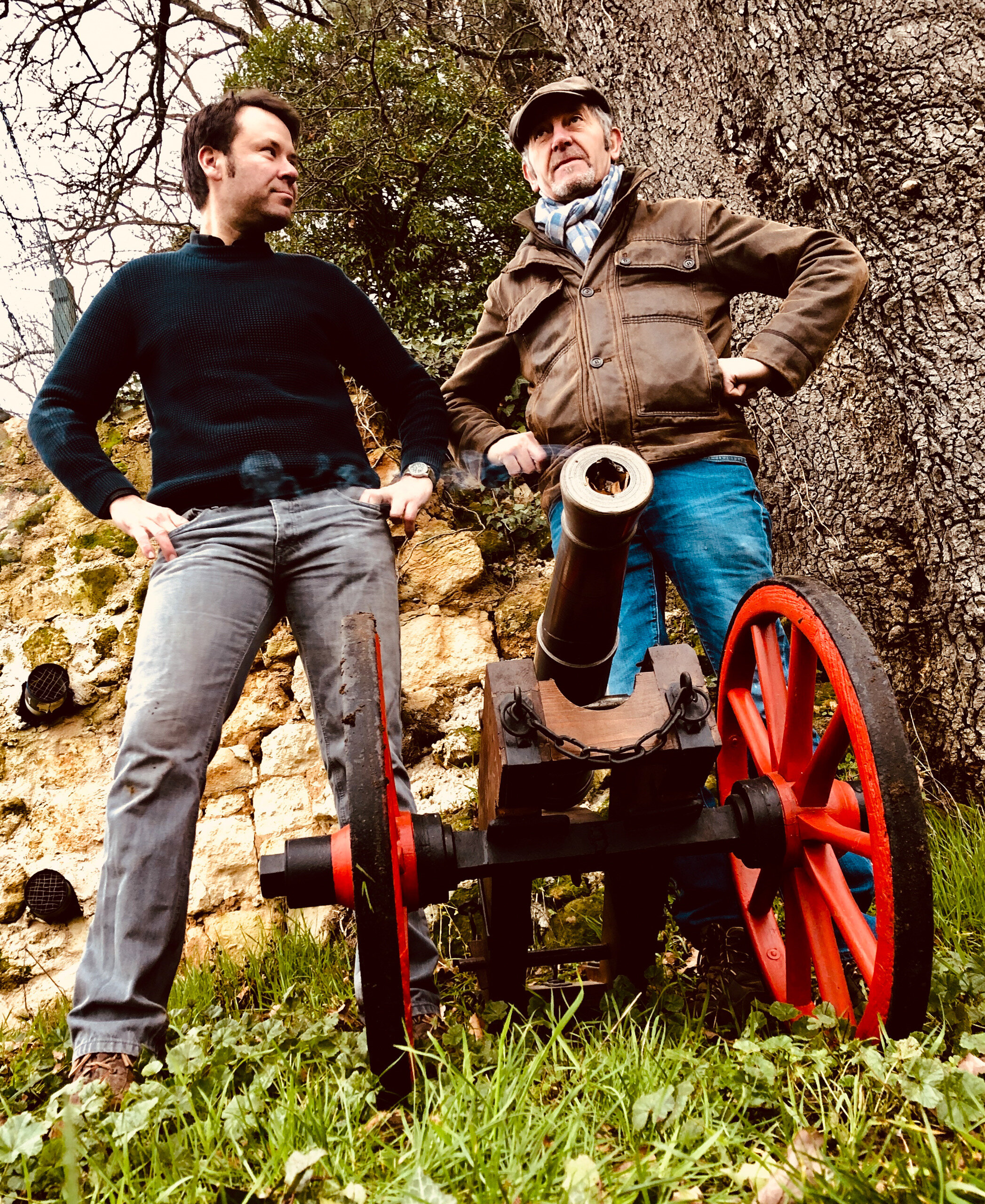

Domaine Yannick Amirault
Domaine Yannick Amirault receives visitors by appointment.
